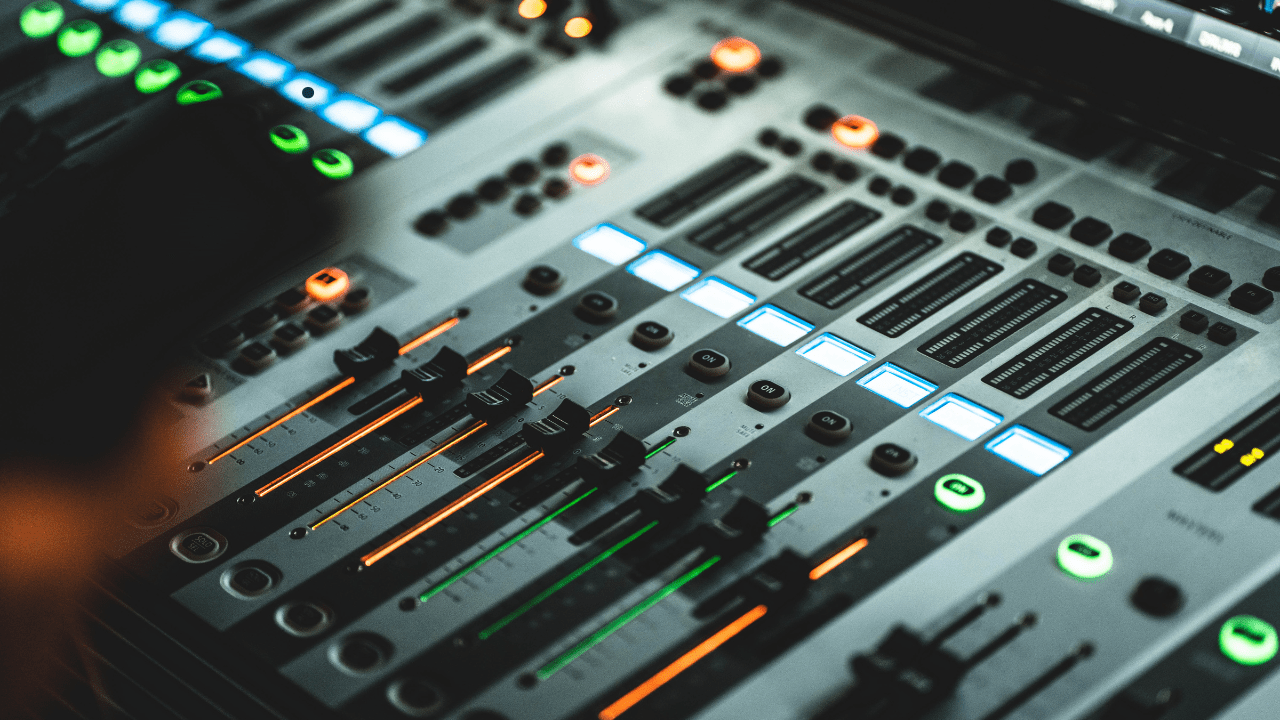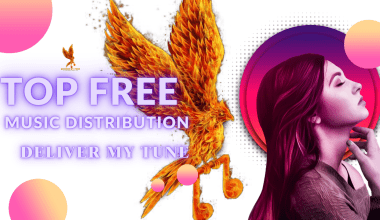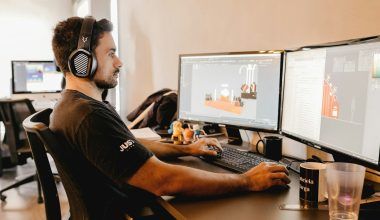If you are a musician or songwriter, you’ve probably heard the term “music publishing.” But what does it really mean, and why is it important? Music publishing is one of the most crucial parts of the music industry. It ensures that musicians and songwriters get paid whenever their music is used.
In this guide, we’ll break down the basics of music publishing in simple language. We’ll also share tips on how to sell your music on platforms like Beatport and other online stores.
What is Music Publishing?
Music publishing is the process of managing the rights to your songs and collecting money (royalties) when your music is played, streamed, or used in other ways.
Imagine this: You write a song that gets played on the radio, in a YouTube video, or at a concert. Each time your song is used, someone owes you money. Music publishing ensures you get paid.
Why is Music Publishing Important?
Here are some reasons why music publishing matters:
- Earn Money: It helps you collect royalties from your music.
- Protect Your Songs: It ensures no one can use your work without your permission.
- Opportunities for Exposure: Publishers can help get your music into movies, TV shows, and advertisements.
How Does Music Publishing Work?
Music publishing revolves around your rights as a songwriter or composer. When you create a song, you automatically own the copyright. However, managing copyrights and collecting royalties can be complex. That’s where music publishers come in.
What Do Music Publishers Do?
- License Your Music: They give permission to use your songs in movies, commercials, and streaming platforms.
- Collect Royalties: They ensure you get paid for the use of your songs.
- Promote Your Work: Publishers often help songwriters connect with artists or companies that might use their music.
Types of Rights in Music Publishing
To understand music publishing, you need to know the two main rights involved:
- Songwriting Rights: These belong to the person who writes the lyrics or composes the music.
- Recording Rights: These belong to the person or company that records the song.
When you publish music, you are primarily dealing with songwriting rights.
How to Get Started in Music Publishing
Starting in music publishing might seem overwhelming, but it’s simpler than you think. Here’s a step-by-step guide:
1. Register Your Music
The first step is to register your songs with a copyright organization. This proves that you are the owner of the song.
2. Join a Performing Rights Organization (PRO)
Organizations like ASCAP, BMI, or PRS collect royalties when your music is played in public. Joining a PRO is essential to start earning money.
3. Work with a Music Publisher
You can handle publishing yourself or partner with a professional music publisher who will help you license your songs and collect royalties.
4. Use Online Platforms
You can also use online tools like TuneCore or Songtrust to manage your publishing rights and collect royalties.
How to Sell Your Music on Beatport
If you create electronic music, Beatport is one of the best platforms to sell your tracks. It’s a popular site where DJs and fans discover new music.
Steps to Sell Your Music on Beatport:
- Work with a Distributor: Beatport only accepts music through distributors like CD Baby, TuneCore, or Symphonic Distribution.
- Create High-Quality Tracks: Make sure your music is professionally mixed and mastered.
- Provide Metadata: Include information like the track title, artist name, and genre to make your music easy to find.
- Promote Your Tracks: Share your music on social media and collaborate with DJs to increase visibility.
Different Types of Music Publishing Deals
When you partner with a music publisher, you’ll usually sign a deal. Here are the most common types:
- Full Publishing Deal: The publisher owns a share of your song’s copyright and manages licensing and royalties.
- Co-Publishing Deal: You share ownership of the song with the publisher.
- Administration Deal: The publisher only manages your music without owning it.
- Work-for-Hire Agreement: You create music for someone else, but they own the copyright.
What Are Music Royalties?
Royalties are the payments you earn when someone uses your music. Here are the main types:
1. Performance Royalties
Earned when your music is played on the radio, live events, or streaming services like Spotify.
2. Mechanical Royalties
Collected when your music is sold as a CD, vinyl, or digital download.
3. Sync Royalties
Earned when your music is used in movies, TV shows, or commercials.
4. Print Royalties
Collected when sheet music of your song is sold.
Common Challenges in Music Publishing
While music publishing can be rewarding, it comes with challenges:
- Tracking Royalties: It’s hard to know where your music is being used. Using tools like Songtrust can help.
- Copyright Disputes: Ensure your contracts are clear to avoid conflicts over ownership.
- Complex Licensing: Licensing your music for international use can be tricky.
Tips for Aspiring Musicians
Here’s how you can make the most of music publishing:
- Understand Your Rights: Learn about copyright and royalties to protect your music.
- Stay Organized: Keep track of your songs, registrations, and contracts.
- Promote Yourself: Use social media and platforms like Beatport to share your music with the world.
- Collaborate: Partner with other artists and producers to grow your network.
The Future of Music Publishing
The music industry is constantly evolving. Here are some trends to watch:
- Streaming Growth: Platforms like Spotify are becoming the primary way people consume music.
- Blockchain Technology: This could make royalty collection more transparent.
- AI in Music: Artificial intelligence tools are changing how music is created and marketed.
Conclusion
Music publishing is the key to turning your songs into a source of income. Whether you’re just starting or looking to grow your career, understanding the basics of music publishing will help you succeed.
From registering your music to selling tracks on Beatport, every step you take brings you closer to earning money from your passion. Stay informed, protect your rights, and keep creating great music!
Related Articles:
For further reading, explore these related articles:
- How is Music Distribution Different from Music Publishing?
- Will Creating Free Music Help in Building a Portfolio?
- What Practices Should Music Artists Follow on Facebook?
For additional resources on music marketing and distribution, visit Deliver My Tune.






